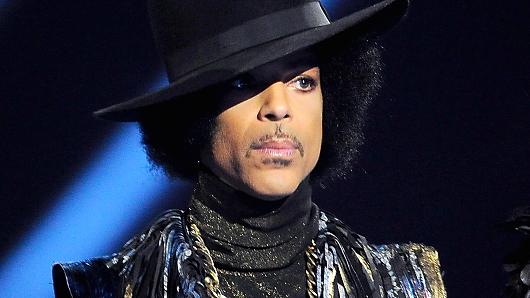Millions are mourning over the loss of iconic music legend Prince, who died last week at the age of 57. Social media has been flooded with purple tributes to the pop star, status after status attesting to the histrionic impact of Prince’s persona.
It was well known that Prince was extremely protective of his music and his image. Unfortunately, after a bad contract experience in his early years, Prince became weary of signing legal documents. The fact that Prince did not leave behind a will or an estate plan has come as a shock to many. His apprehension towards legal discourse will sadly have drastic implications for the legacy he left behind.
The recent question circulating the Internet is: what will happen to Prince’s estate, music, and image without a will or trust?
Prince’s fortune is estimated at around $300 million. However, several reports have revealed that Prince also had thousands of unreleased songs locked in a bank vault in the basement of his Paisley Park compound. Had Prince placed his songs and other intellectual property in a dynasty trust, he would have been able to dictate will happen to his music image post-humous.
“If you own assets that will increase in value substantially after your death, you should absolutely have an estate plan that takes that into account now,” Estate Planning Attorney Jorge Lopez of Jorgensen & Salberg, LLP commented.
Prince’s sister, Tyka Nelson, filed court documents on Tuesday asking for a special administrator for the artist’s estate. Whoever inherits the estate will have complete control over Prince’s assets including his unpublished music. However, since Prince did not leave a will or trust, the process will most likely take years.
Further, the artist’s opposition to legal planning will cost his estate an enormous tax bite. The value of his estate, although still being speculated, will be subject to a federal estate tax rate of 40 percent and a Minnesota tax rate of 16 percent— meaning roughly half the estate could go to the government. By creating a will or trust, Prince could have reduced this tax rate and saved his estate from being embroiled in legal disputes for years to come.
The bottom line is – with no offense to the music icon – that you don’t have to be wealthy to do a better job of estate planning.
Lopez states that the first step to taking control of your future is to create a will. If you have young children, a will is the only legal document that can specify a guardian for them. “Several clients change their mind about creating a will once I tell them this,” Lopez explains.
A revocable trust is also a route you may consider. A revocable trust can act like a will and additionally ensure that your estate will not be probated. Probate is the legal procedure in which a judge decides who will inherit your assets after death. The process is often lengthy and extremely costly. Ultimately, it is in your best interest to avoid it by having a trust, and at the very minimum, a will.
The thought of creating a will or planning for your death is hardly pleasant. However, it is the best way to take control of your legacy after you go. If there is one lesson to be learned from Prince’s sudden passing, it’s that making an estate plan should not be procrastinated.

